FULFILLING DREAMS.
COMPLETING FAMILIES.
KONARK
FERTILITY
Konark is a Best Fertility Center in Hyderabad. Konark Fertility was born with the mission to bring joy into the lives of couples who were not fortunate to attain parenthood naturally. Leveraging the rich talent and experience of Dr. Rajani Ashok, one of the leading names in the field, we have built a team comprising specialists in Fertility, Reproductive Medicine, Reproductive Endocrinology, Embryology, Andrology, Urology, Fertility Enhancing Laparoscopic Surgery, Fetal Medicine and a supportive team of Clinical Counsellors, Care Managers and Dieticians.
State-of-the-art infrastructure, protocols that strictly adhere to the highest international specifications, along with clinical, surgical, and, most importantly, psychological interventions, have firmly placed Konark Fertility among the front runners.

TREATMENTS
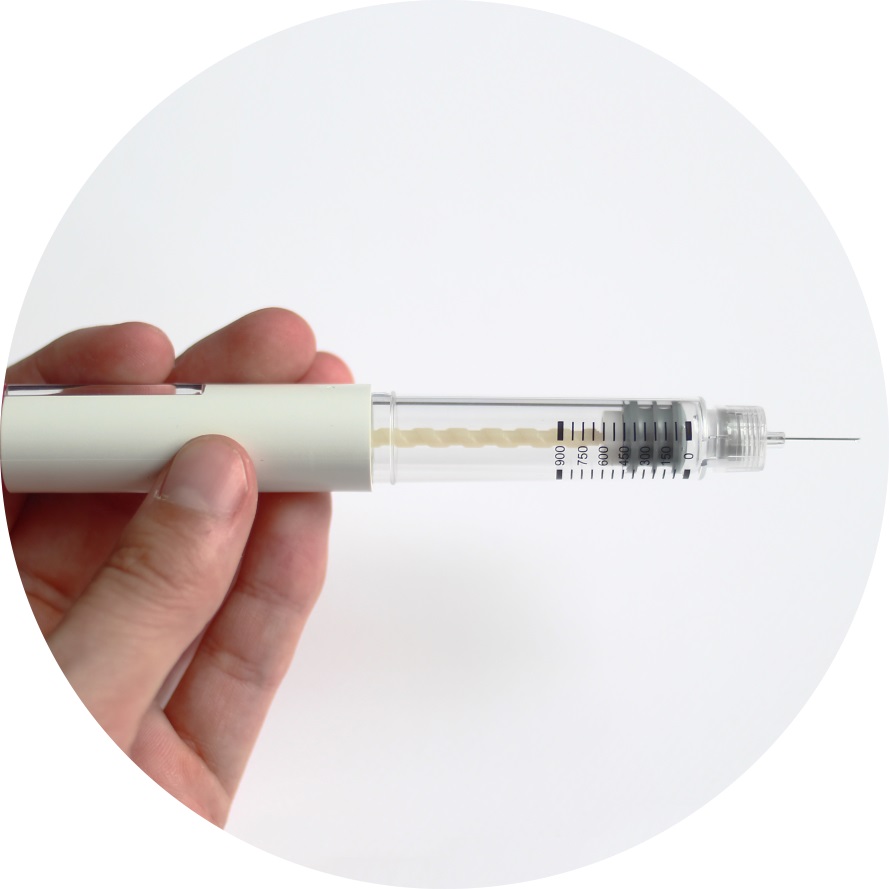
Intrauterine Insemination (IUI)
Intrauterine insemination (IUI) is a popular option for a wide range of fertility problems. In this procedure, the sperm is placed directly into the woman's uterus while she is ovulating. This reduces the distance the sperm must swim to reach the egg. IUI is often used in combination with drugs that stimulate ovulation. It is less expensive and less invasive.
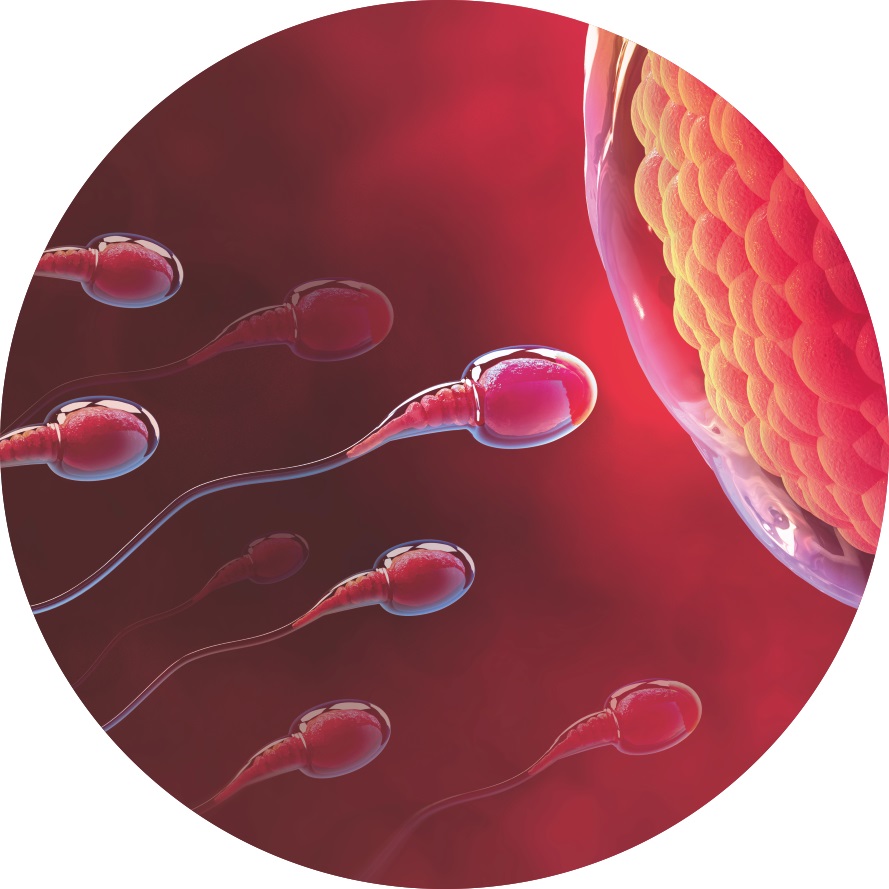
IUI with Donor Sperm
If the man has few healthy sperm, IUI can be done using sperm from a donor. Most doctors recommend couples see a counselor before choosing this option, because they must be comfortable raising a child who is not biologically related to the father. IUI with donor sperm has a very high success rate in fertile women. It may take several tries, but cumulative pregnancy rates are over 80%.
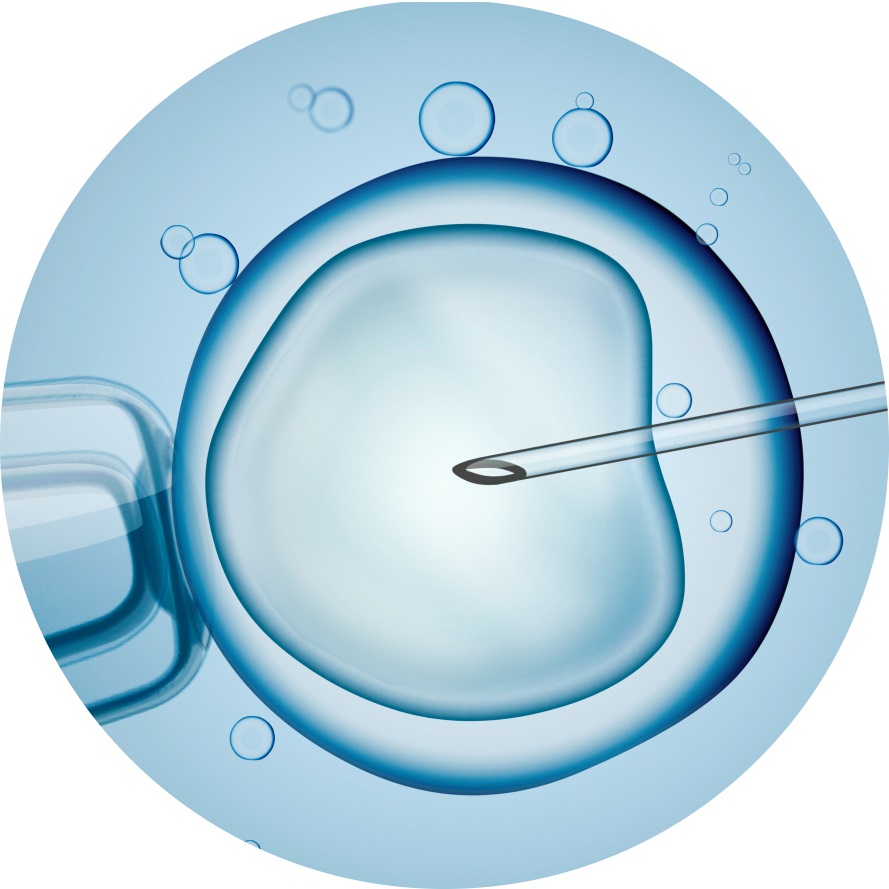
In Vitro Fertilization (IVF)
IVF offers hope when other infertility treatments are unsuccessful. It eliminates any barriers between egg and sperm by combining them in a lab. The growing embryos are then placed inside the uterus. Success rates are growing every year.
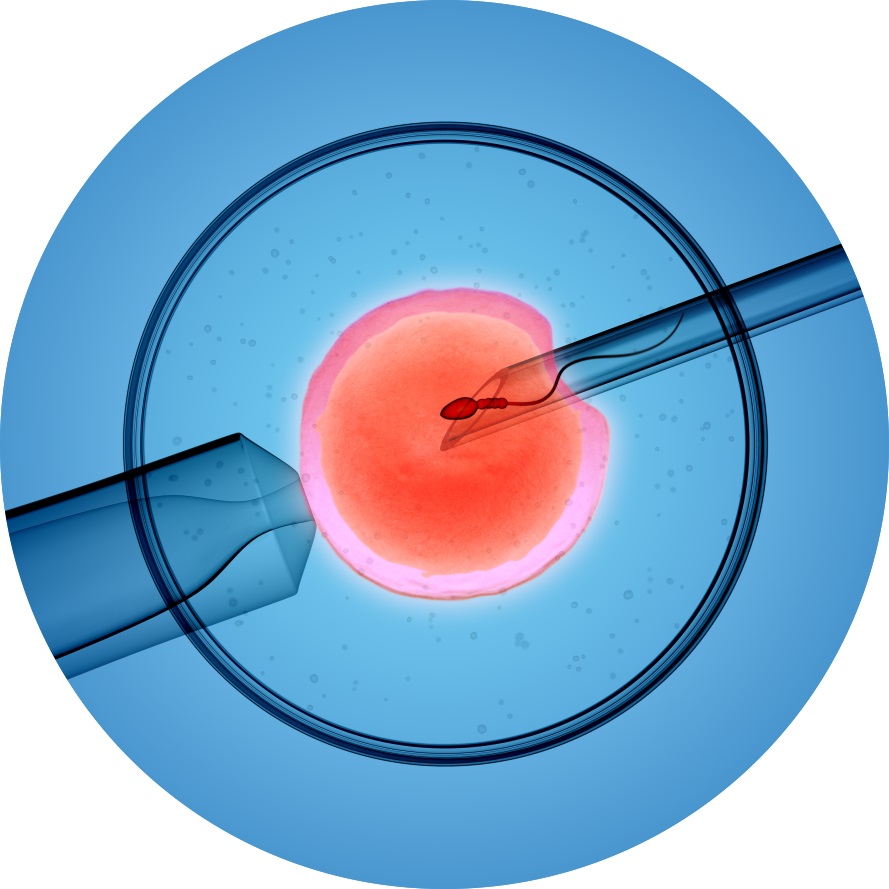
IVF with ICSI
When a man's sperm count is extremely low or the sperm don't move well, they may not be able to fertilize an egg without help. A procedure called intra cytoplasmic sperm injection (ICSI) can overcome this problem by inserting a single sperm directly into an egg. The resulting embryos are then transferred to the uterus through the normal IVF procedure. The majority of IVF cycles now use ICSI.

IVF with Donor Eggs
Women who are over 40, have poor egg quality, or have not had success with previous IVF cycles may consider IVF with donor eggs. This involves combining the husband's sperm with another woman's eggs. If the procedure is successful, the wife becomes pregnant with a baby who is biologically related to her husband but not to her. High success rates have been consistently recorded.
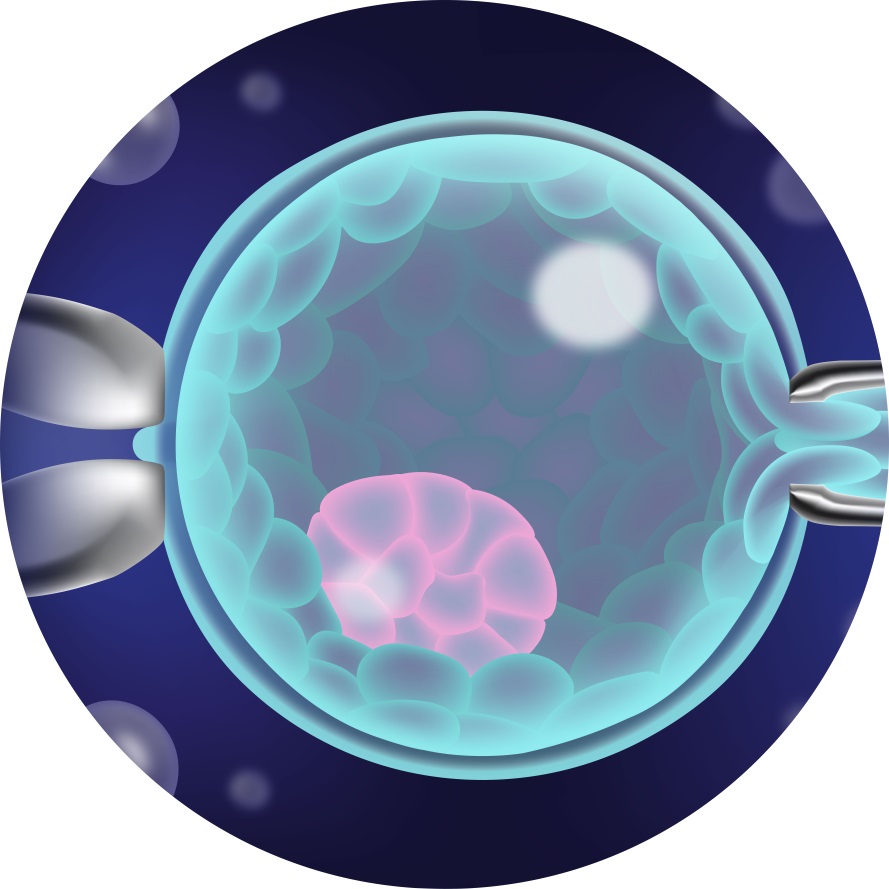
IVF with Blastocyst Transfer
A recent breakthrough in IVF technology is the blastocyst transfer. In standard IVF, embryos are transferred to the womb when they reach the twoto eight-cell stage. In the newer procedure, the embryos are allowed to grow for five days until they reach the blastocyst stage. The healthiest one or two blastocysts are chosen for transfer. This eliminates the possibility of triplets while maintaining a high success rate.
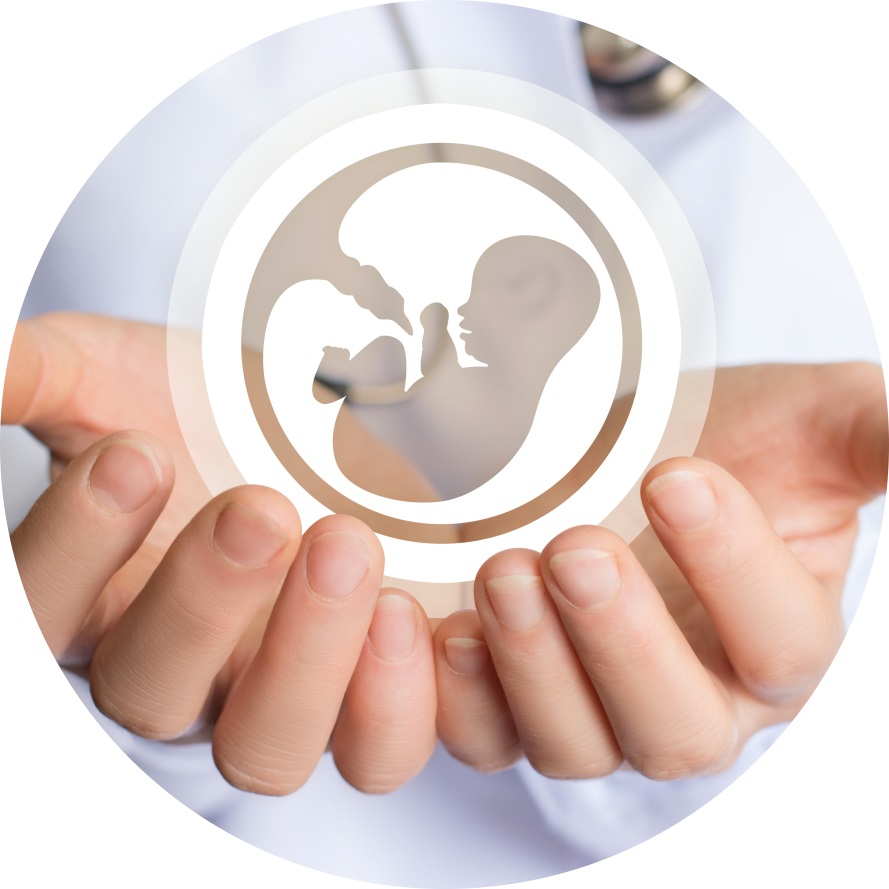
Using Donor Embryos
Couples who have not had success with IVF or are looking for a less expensive option may want to consider using donor embryos. These are embryos donated by other couples who have finished the IVF process. Transferring donor embryos costs less than standard IVF or IVF with donor eggs. If successful, the procedure allows a couple to experience pregnancy. The baby will not be biologically related to either parent.

Surrogate Pregnancy
For women who have trouble carrying a pregnancy to term, surrogacy is an option. In traditional surrogacy, the surrogate was inseminated with the husband's sperm. But today, most couples choose gestational surrogacy. IVF is used to create embryos with the wife's eggs and husband's sperm. The embryos are transferred to the surrogate. If the procedure succeeds, the baby will be the biological child of both husband and wife.
CONTACT US
-
#13 & 14, Pipeline Road
Behind Deevan Dhaba
Petbasheerabad, Jeedimetla
Hyderabad - 500 055 -
T: +91 40 3526 1515
M: +91 98496 61515 - info@konarkhospitals.com
© Copyright 2020 – Konark Hospitals

